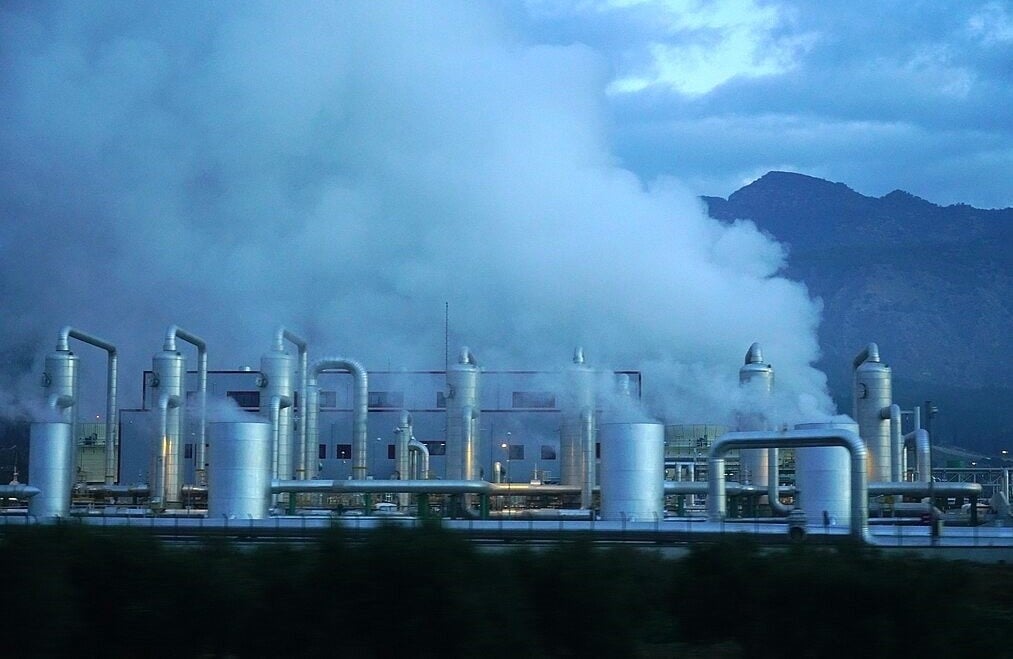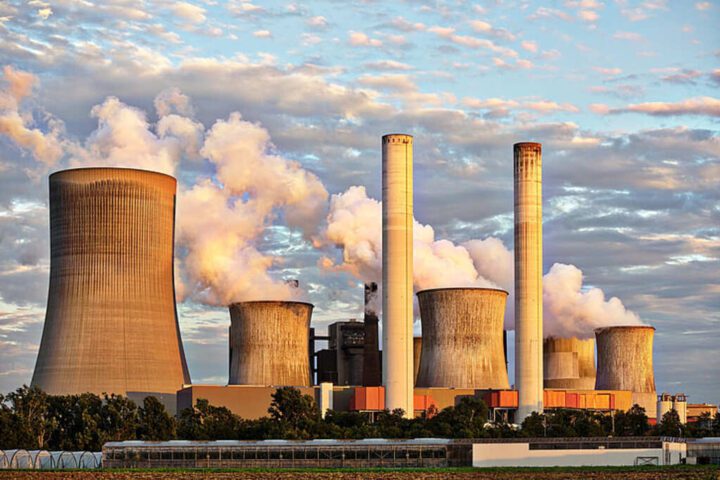Germany has unveiled a bold plan to speed up the use of geothermal energy as part of its strategy to get rid of fossil fuels in heating systems by 2045. On July 4, 2025, the country’s economy ministry presented a new law that would make it easier to approve geothermal projects, putting them at the center of Germany’s clean energy future.
The new bill gives geothermal projects “overriding public interest” status, the same importance previously given to wind and solar energy. This aims to cut through the red tape that has held back development, even though Germany has some of Europe’s largest underground heat reserves.
Geothermal energy could cover more than a quarter of Germany’s yearly heating needs, according to Gregor Dilger, head of the Federal Geothermal Association. This huge potential has mostly sat unused until now, blocked by local opposition and complex rules.
The draft law sets firm deadlines for project approvals and relaxes rules on geothermal exploration. Officials would be able to skip detailed operational plans in certain cases, though companies would still need to provide financial guarantees against possible damage.
This push comes from both climate goals and energy security worries. The energy price spike after Russia invaded Ukraine in 2022 showed Germany’s weakness when relying on imported energy, pushing major utility companies and even fossil fuel firms to look into geothermal investments.
Germany’s geothermal sector is already growing fast, with planned projects nearly doubling from 82 in January 2023 to 155 today. Right now, 42 deep geothermal plants operate in the country, with 40 providing heat through deep underground wells. Another 16 plants are being built.
The law also aims to speed up the development of large heat pumps that can use lakes, rivers, sewage water, or waste heat, along with faster building of district heating networks. These steps support Germany’s target of growing deep geothermal energy from 1.8 TWh to 10 TWh yearly by 2030.
Similar Posts
While pushing for renewable heating, a study by the Center for European Economic Research suggests that cutting fossil fuel subsidies could help Germany achieve about one-third of its climate targets without other measures like carbon pricing.
Germany is the EU’s biggest supporter of fossil fuels, giving about €41 billion in government subsidies to coal, oil, and gas in 2023—more than 60% of the EU total. Environmental groups have criticized using the Climate and Transformation Fund to lower gas prices, saying it wastes public money on climate-harming fuels.
The geothermal expansion is part of Germany’s wider effort to meet climate targets. The country cut greenhouse gas emissions by 3.4% in 2024, putting it on track to meet its 2030 goal of reducing emissions by 65% compared to 1990 levels.
Challenges remain, especially in transport and building sectors, which saw small emissions cuts of 1.4% and 2.3% in 2024, missing legal targets. Nearly 80% of buildings still use oil or gas heating.
If passed, the geothermal law would start in early 2026. Industry leaders want more support, including financial protection for geothermal drilling developed by the government, the state bank KfW, and private insurers.
The geothermal industry believes reaching the 2030 target could create 24,000 new jobs while cutting CO2 emissions by 34 million tons and saving up to €9 billion on fossil fuel imports.



















